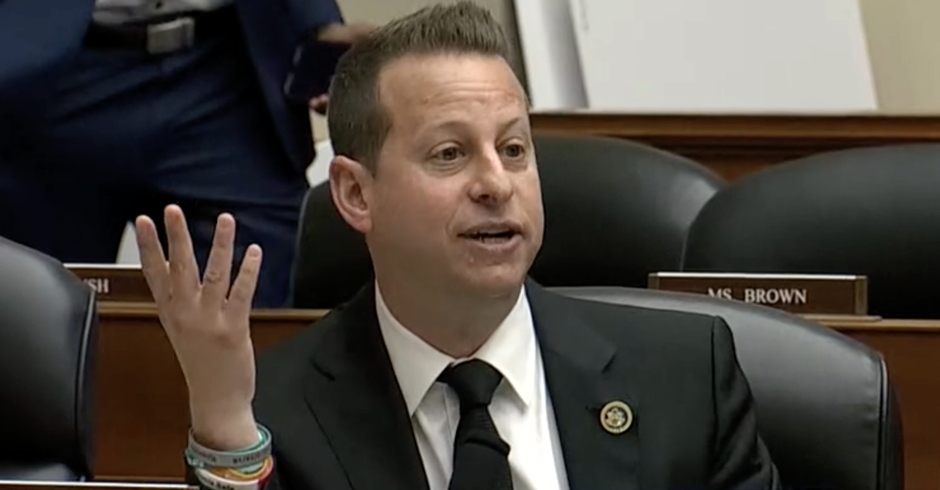Breaking: Service Chiefs All Agree: Yes, Repeal DADT, Survey Focus Correct
In an astounding turn of events, all six of the military’s service chiefs stated in today’s Senate “Don’t Ask, Don’t Tell” hearings, with varying degrees of commitment, that repeal of “Don’t Ask, Don’t Tell” should happen — although not today — but more in line with the focus of the repeal bill, and, contrary to the wishes of Senators McCain and Inhofe, among other Republicans, all service chiefs agreed that military service members should not have been been asked if the seventeen year old bill should be struck down, in full agreement with Secretary Gates. None of them, however, would be categorized as being happy about repeal, although the Coast Guard chief was the most willing.
The service chiefs recognized that the ban on gays serving openly in the military would likely take place, either legislatively or judicially, and all agreed legislative repeal would be their choice. They commented on varying degrees of difficulty and focus in executing successfully repeal. Senator Lieberman (CT-I) was key in repeating the overall views of the service chiefs, and pointing out they agreed repeal should take place, and that timing was the key. General Cartwright later added, “Where our opinion varies is in the ‘how.'”
James Amos, commandant of the Marine Corps, was perhaps the most vocal in his concerns about repealing “Don’t Ask, Don’t Tell” (DADT.) His concerns included his position that the Marines are “stressed” in Afghanistan. “My recommendation is that we should not implement repeal at this time,†the General said. He was the only one of the service chiefs who did not talk with his counterparts in other countries.
Stating, “Successfully integrating gays and lesbians into small Marine combat units has strong potential for disruption and will no doubt divert leadership attention away from an almost singular focus of preparing units for combat,” but he was unable to point to any specific item or issue that would go under-addressed.
Senator Chambliss asked if repeal would impact readiness, and cause risk of injury or loss of life. Amos said it would have an impact on combat units, “it goes back to this issues of cohesion, of bonding… the potential for damage is there.” None of the service chiefs would agree definitively to Chambliss’ concept that repealing “Don’t Ask, Don’t Tell” would cause harm to life or limb.
The New Civil Rights Movement
<!–
google_ad_client = “pub-6759057198693805”;
/* 468×60, created 10/21/10 */
google_ad_slot = “8507588931”;
google_ad_width = 468;
google_ad_height = 60;
//–>

Enjoy this piece?
… then let us make a small request. The New Civil Rights Movement depends on readers like you to meet our ongoing expenses and continue producing quality progressive journalism. Three Silicon Valley giants consume 70 percent of all online advertising dollars, so we need your help to continue doing what we do.
NCRM is independent. You won’t find mainstream media bias here. From unflinching coverage of religious extremism, to spotlighting efforts to roll back our rights, NCRM continues to speak truth to power. America needs independent voices like NCRM to be sure no one is forgotten.
Every reader contribution, whatever the amount, makes a tremendous difference. Help ensure NCRM remains independent long into the future. Support progressive journalism with a one-time contribution to NCRM, or click here to become a subscriber. Thank you. Click here to donate by check.
 |






















